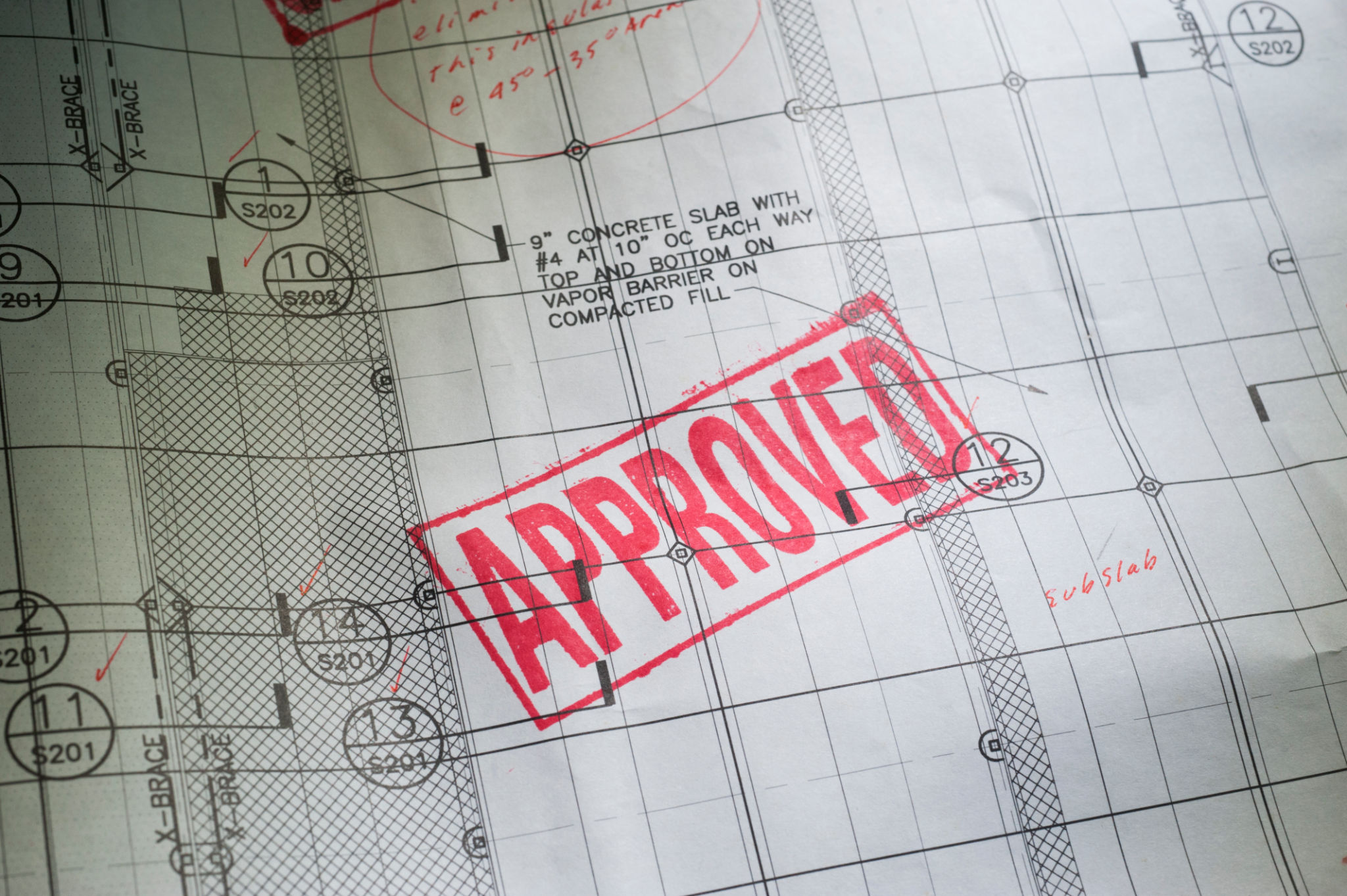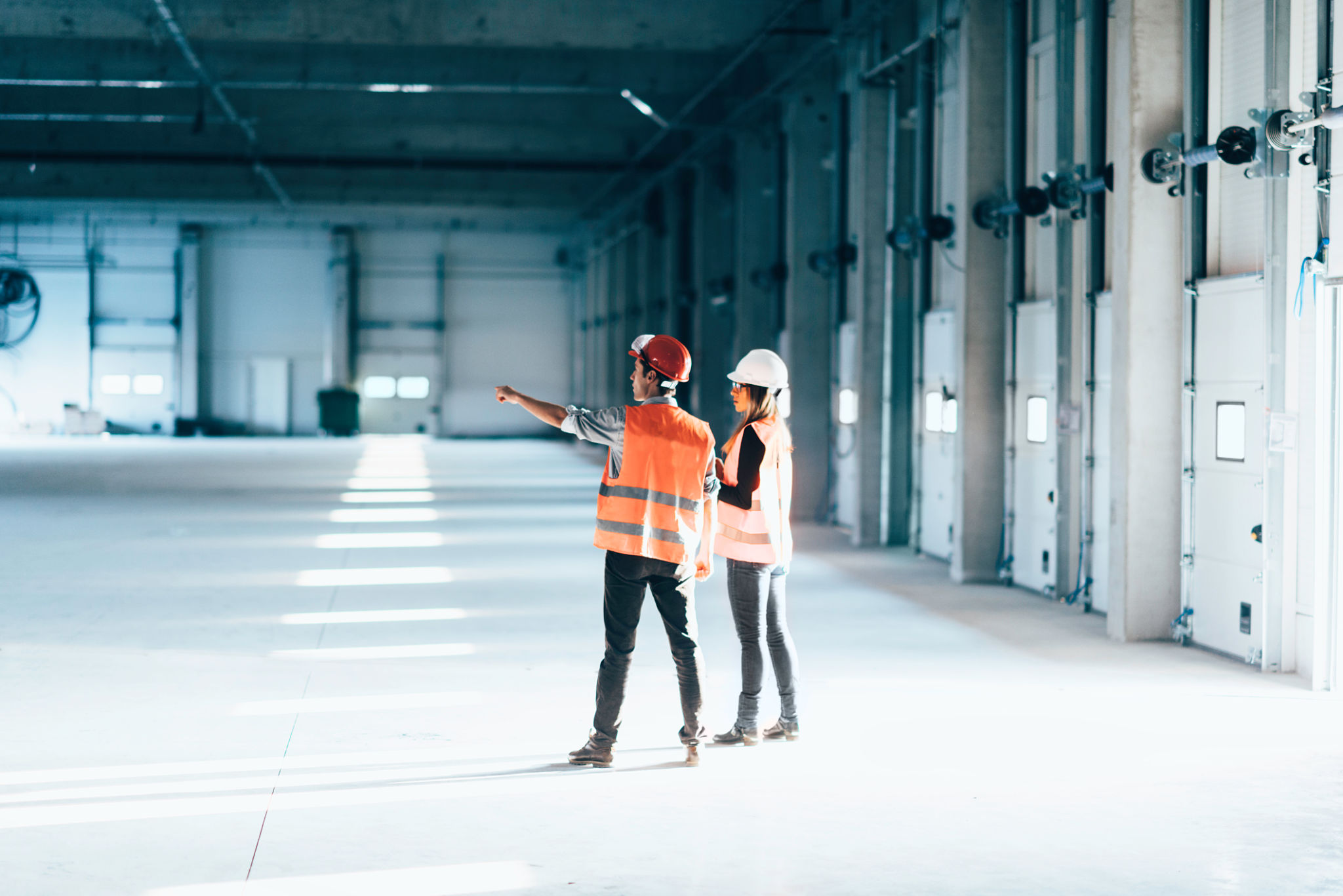Understanding Local Building Regulations for Commercial Projects in Palm Harbor
AG
Introduction to Local Building Regulations
When embarking on a commercial construction project in Palm Harbor, understanding local building regulations is crucial. These regulations ensure safety, sustainability, and compliance with the community's standards. Navigating these rules can be complex, but with the right knowledge, you can streamline your project's approval process.
Local building regulations cover various aspects, including zoning laws, building codes, and environmental considerations. Each plays a vital role in how your project will progress and its ultimate success. Being informed about these regulations helps prevent costly delays and ensures your project aligns with community expectations.
The Importance of Zoning Laws
Zoning laws in Palm Harbor are designed to maintain the area's aesthetic and functional balance. These laws dictate what types of buildings can be constructed in specific areas, influencing everything from the height of structures to their intended use.
Before starting a project, it's essential to determine the zoning classification of your intended site. This classification will guide you on permissible activities and any modifications required to comply with local ordinances. Consulting with local authorities or a zoning expert can provide clarity and prevent potential legal issues.
Types of Zoning Classifications
Palm Harbor's zoning classifications typically include:
- Commercial
- Residential
- Industrial
- Mixed-use
Understanding these classifications will help you determine the most suitable location for your commercial project.

Building Codes and Safety Standards
Building codes are sets of regulations that dictate the design, construction, and maintenance of structures. In Palm Harbor, these codes ensure that buildings are safe, accessible, and energy-efficient. Compliance with these codes is mandatory for obtaining construction permits.
Key aspects of building codes include structural integrity, fire safety, electrical systems, plumbing, and accessibility. It's crucial to work with architects and contractors familiar with local codes to ensure your project meets all necessary requirements.
Obtaining Permits and Approvals
The permitting process in Palm Harbor involves submitting detailed plans and specifications for review by the local building department. This review ensures that your project complies with all applicable codes and regulations.
Obtaining the necessary permits may take time, so it's advisable to start this process early in your project timeline. Working closely with local officials and providing complete documentation can help expedite approvals.

Environmental Considerations
Environmental regulations in Palm Harbor aim to protect natural resources and ensure sustainable development. Depending on your project's location and scope, you may need to conduct environmental assessments or adhere to specific requirements regarding land use and waste management.
Incorporating sustainable practices not only ensures compliance but also enhances your project's reputation among environmentally-conscious consumers. Consider elements such as energy-efficient designs, water conservation systems, and eco-friendly materials.
Final Thoughts
Understanding and adhering to local building regulations in Palm Harbor is essential for the successful completion of your commercial project. By being proactive and informed, you can navigate the regulatory landscape effectively, ensuring a smooth construction process that aligns with community standards and expectations.
Engaging with professionals who have experience in Palm Harbor's regulatory environment can provide valuable insights and assistance throughout your project journey. With careful planning and adherence to local rules, your commercial project can thrive in this vibrant community.

